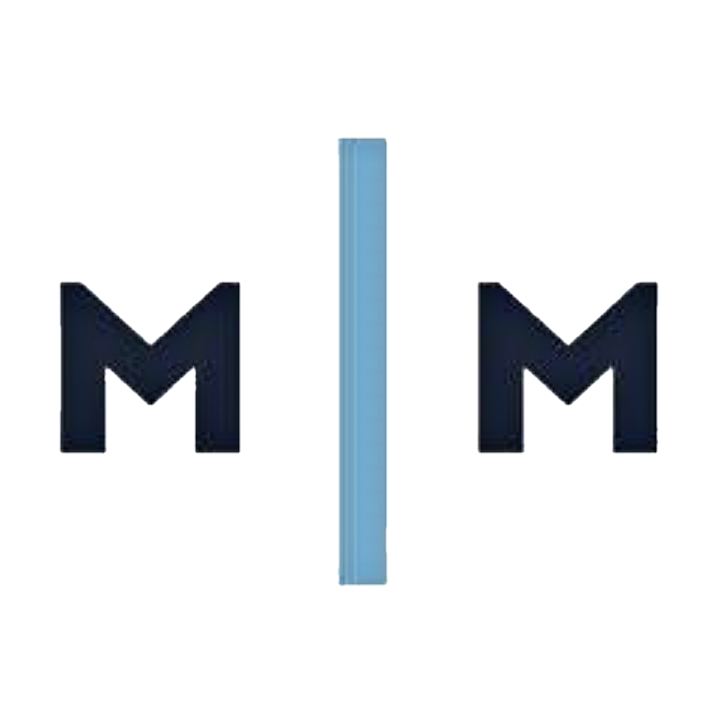cracking defined by a chiroprator
What is that crack and why can’t you adjust yourself
The chiropractor is not breaking or snapping bones during a chiropractic adjustment. You’ve probably seen some sort of chiropractor youtube video of a person manipulating someone in all kinds of crazy and unsafe ways. That is not an adjustment. A chiropractic adjustment is delivered in a very specific manner, with a precise amount of force and a chiropractic touch that is specific and handled in a safe direction.
What is happening when a chiropractor "cracks” your back?
The easiest way to explain what the crack is is like a soda can. When you open a can, there is a whoosh of carbon dioxide escaping. In joints, the same thing can happen. When the right amount and the right direction of force are delivered, gases escape from the joint capsule. When those gases escape, a crack can be heard.
What is a chiropractor?
Chiropractor definition is known as a practitioner of chiropractic, a system of complementary medicine based on the diagnosis and manipulative treatment of misalignments of the joints. reduce pain and improve the functionality of joints.
The other reason there can be a crack, between each vertebra in the spine there are joints called facets. These facet joints line up like plates stacked on top of each other. The facets are there to limit the amount of motion we have in our spine. If we didn’t have facets, we would be able to turn our heads around like owls. Suction can form between two facet joints, when an adjustment is delivered, it is that suction separating that can cause the popping sound.
What is the difference between cracking and adjusting?
The World Health Organization estimates anywhere from 60 to 70% of people in industrialized nations will suffer from low back pain at some point in their lives. Luckily at Meridian Medicine, we have corrective chiropractic care and alternative chiropractic methods that can be done at home. At least once a month, when I am doing a new patient evaluation, someone will say; “you know, I used to be able to crack my own back and lately I haven’t been able to. I have had that pressure and I keep trying to crack it, now I am having increasing back pain.”
The crack you feel when you crack your own back is virtually the same as the crack that you feel when you get adjusted by a chiropractor but they are two entirely different things.
When you crack your back, you still get the same release of chemicals that help with the pain including endorphins and serotonin. You're aware of that feeling of relief and satisfaction that comes with the popping of bones you didn't even know you had. Even if you haven't received chiropractic treatment, you've probably dabbled in cracking your knuckles or back. The lasting effect of that crack is minimal because of the pressure that you feel. This causes you to get the urge to crack your back or neck again and the cycle begins.
When a chiropractor cracks your back, a chiropractor identifies the reason you want to crack your back, the joint that is stuck needs to be adjusted correctly. This can be a one-time adjustment or a few chiropractic rehab sessions. A cascade effect will happen, the joint that is stuck gets moving better with each adjustment and rehabilitation effect and the one that is moving too much gets a chance to heal.
How can Meridian Medicine help?
Patients start feeling better, moving better and that urge to crack their back or neck disappears when they work with Dr. Lies global stats say that 95% of people who visit chiropractors have long-lasting results. Her approach includes treating the following conditions using customized corrective protocols:
Concussions and Traumatic Brain Injuries
Pregnancy Chiropractic (Webster Technique)
Mild traumatic brain injuries (mTBI)
Kids chiropractic care
Chronic and acute pain
Post Traumatic Headache
Plantar Fasciitis
Whiplash
Wrist and hand pain
Symptoms and feelings:
Headache
Dizziness
Fatigue
Sensitivity to light and sound
Head tension
Poor concentration



